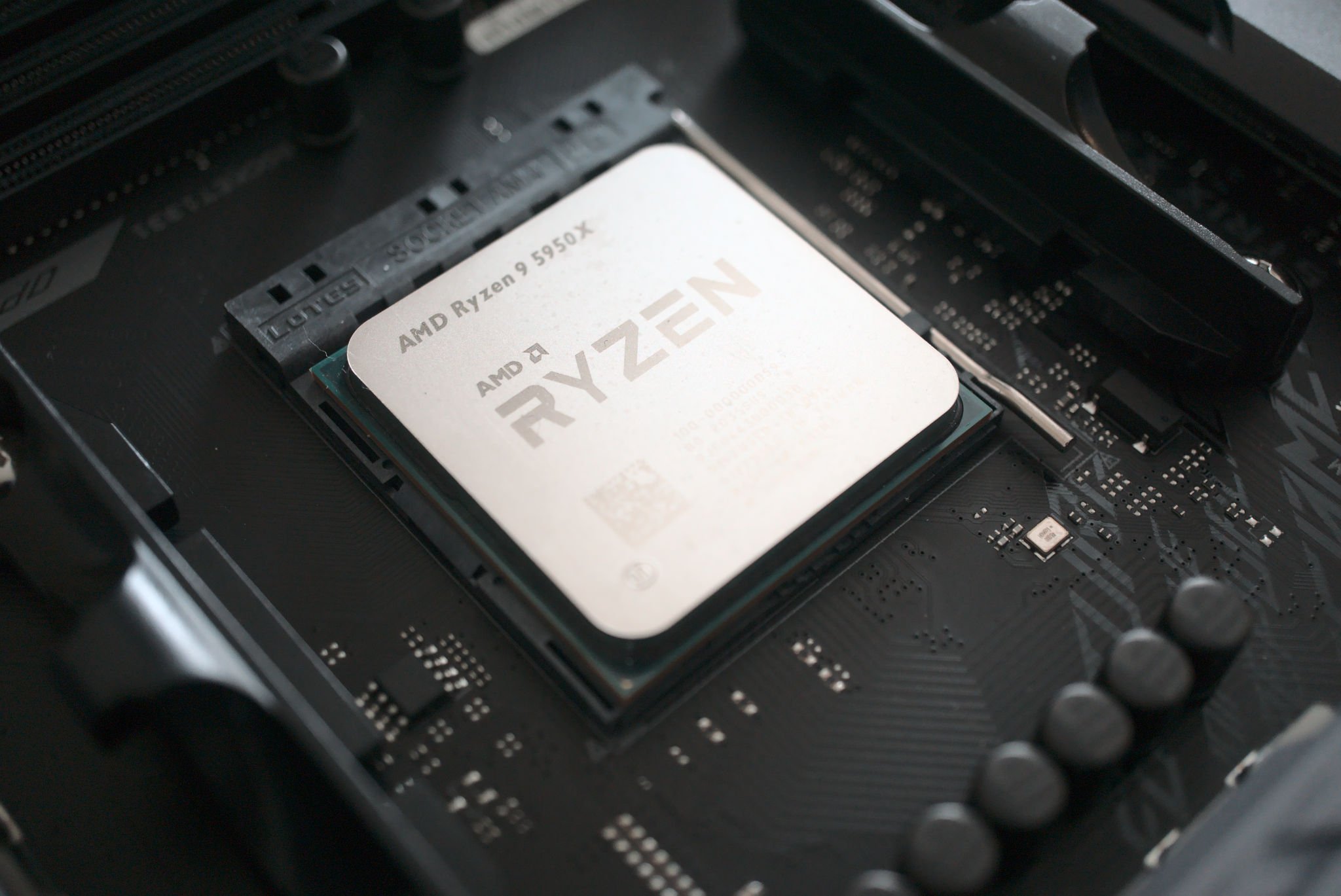Windows 11 stuttering issues confirmed by AMD, but a fix is far off
AMD has found the cause of the stuttering issues plaguing PC owners.

All the latest news, reviews, and guides for Windows and Xbox diehards.
You are now subscribed
Your newsletter sign-up was successful
What you need to know
- AMD has confirmed that an issue can cause intermittent performance stutters on PCs running Windows 11 or Windows 10.
- Some PCs perform extended fTPM-related memory transactions, which can cause stuttering.
- AMD is working on a permanent fix that should arrive in early May 2022.
Some PCs running on AMD hardware are running into performance stutters. PC owners on Reddit have discussed the stuttering for several weeks, and the issue has now been confirmed by AMD.
According to AMD, stuttering occurs when a system performs an extended fTPM-related memory transaction. When this happens, a computer will stop being responsive for a short period of time. People have also reported robotic audio and video that are likely caused by the same issue.
Here's the description of the bug from AMD:
AMD has determined that select AMD Ryzen system configurations may intermittently perform extended fTPM-related memory transactions in SPI flash memory ("SPIROM") located on the motherboard, which can lead to temporary pauses in system interactivity or responsiveness until the transaction is concluded.
A permanent fix is on the way for the stuttering problem, but PC owners will have to wait some time to receive it. AMD states that fixing the problem will require a motherboard system BIOS update. Flashable files with the system BIOS update should start shipping in early May 2022, though the exact date the update rolls out will vary from system to system.
For now, there is a workaround for the issue, which AMD explains in a support document:
As an immediate solution, affected customers dependent on fTPM functionality for Trusted Platform Module support may instead use a hardware TPM ("dTPM") device for trusted computing. Platform dTPM modules utilize onboard non-volatile memory (NVRAM) that supersedes the TPM/SPIROM interaction described in this article.
AMD warns that it is critical to disable TPM-backed encryption systems when switching a PC from fTPM to dTPM. You also need full admin access to perform the workaround.
All the latest news, reviews, and guides for Windows and Xbox diehards.

Sean Endicott is a news writer and apps editor for Windows Central with 11+ years of experience. A Nottingham Trent journalism graduate, Sean has covered the industry’s arc from the Lumia era to the launch of Windows 11 and generative AI. Having started at Thrifter, he uses his expertise in price tracking to help readers find genuine hardware value.
Beyond tech news, Sean is a UK sports media pioneer. In 2017, he became one of the first to stream via smartphone and is an expert in AP Capture systems. A tech-forward coach, he was named 2024 BAFA Youth Coach of the Year. He is focused on using technology—from AI to Clipchamp—to gain a practical edge.
